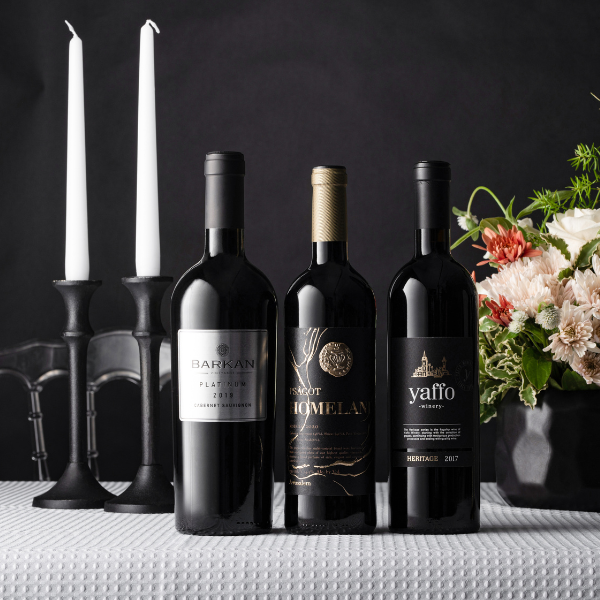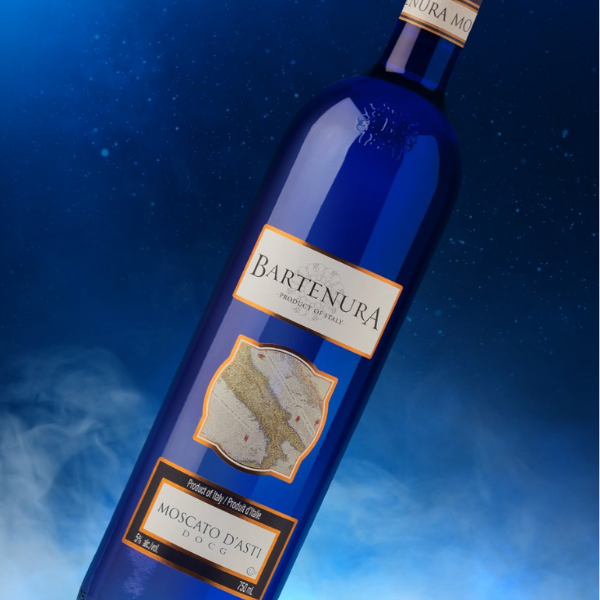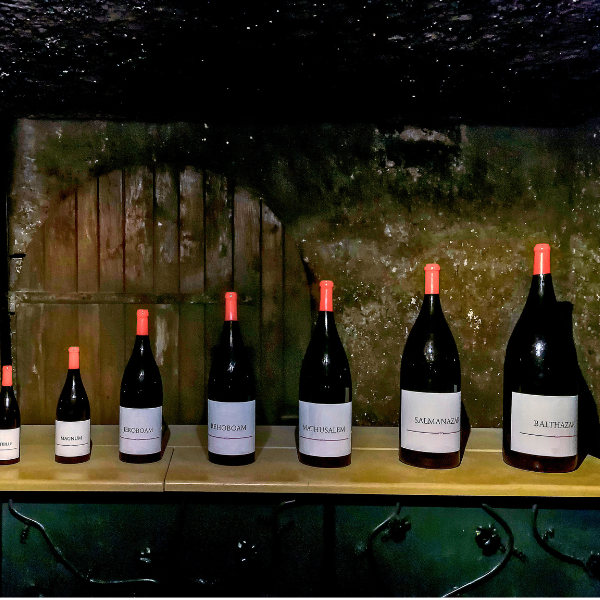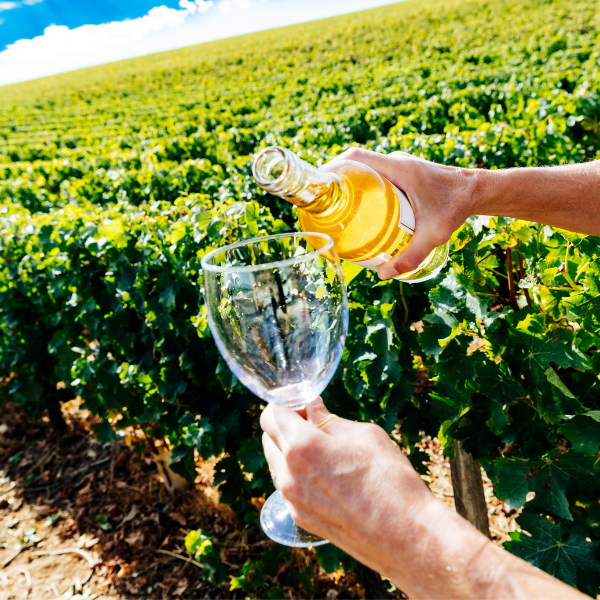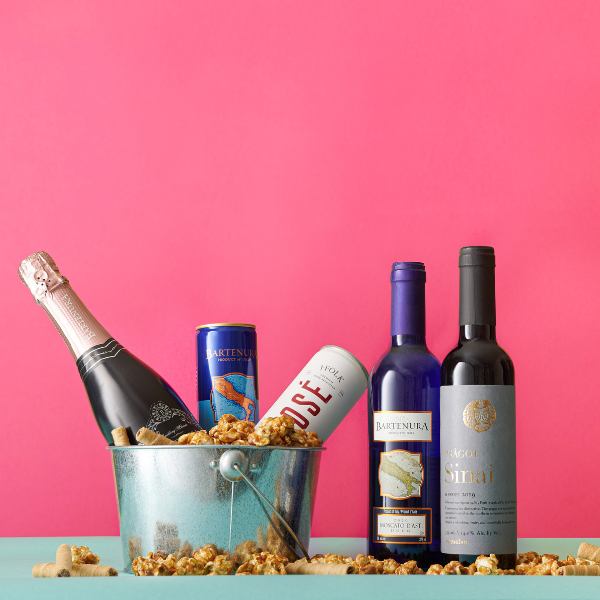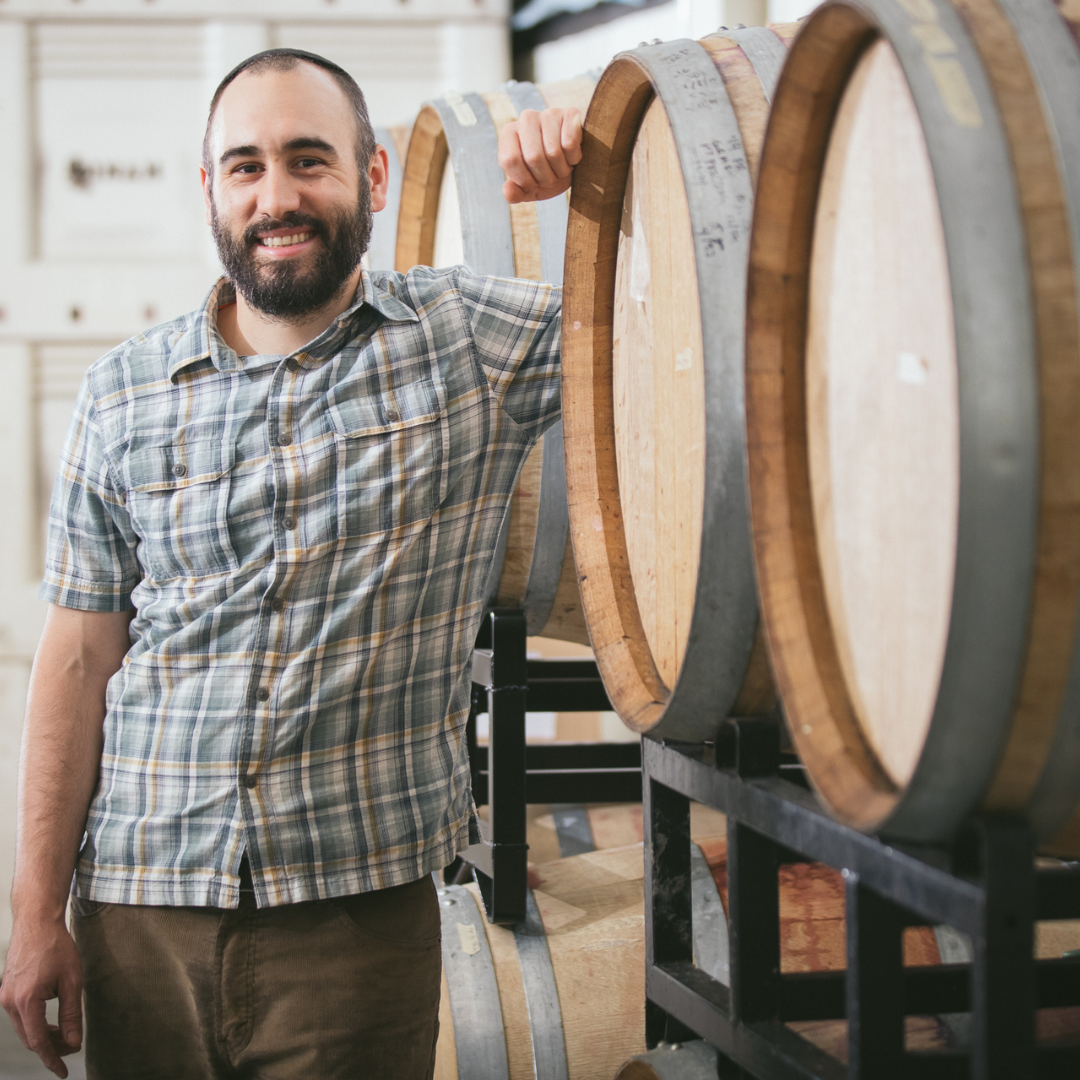Barkan Wine Cellars: Creating a New Definition for Israeli wine
- Jul 28, 2021
By Dr. Kenneth Friedman
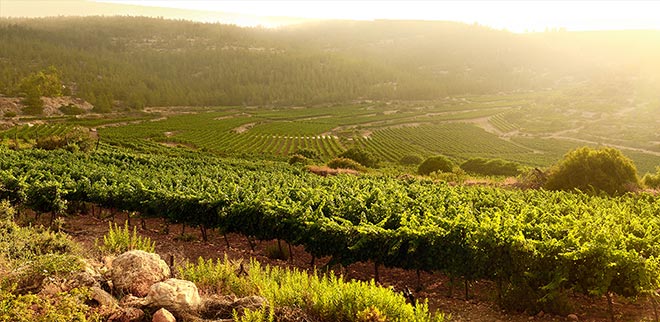

As one of the largest wineries in Israel, Barkan Wine Cellars is able to fully portray the range of wines being produced in Israel. Boasting one of only about 400 Masters of Wine in the world, and one of only 100 or so who are winemakers, Barkan’s employ of Ido Lewinsohn displays the company’s reverence not just for mass wine production, but for exceptional quality and the best of winemaking.
With its roots in late 19th Century Petach Tikva, Barkan has undergone several transformations to become the now-totally modern and innovative winery on its sprawling campus at Kibbutz Hulda. Built in 1990, the winery was then named Barkan and ultimately expanded in 2007 to include all operations at Hulda. In 2001, Barkan absorbed Segal Winery, though the winery continues to produce Segal as an independent label.
Barkan-Segal produces a vast array of wines at every price point and utilizes grapes from each of Israel’s distinct terroir regions, including from the Golan Heights, the Upper and Lower Galilee, Samson, Mount Tabor, the Negev, the Jerusalem Mountains and Mitzpe Ramon. In recent years, and at the stewardship of Lewinsohn, the Segal line has increased its focus on grapes ideal to the Israeli climate, and upon lesser-utilized methods of winemaking, including integrating “Whole Cluster,” “Free Run,” “Wild Fermentation,” and the famous Segal line of “Unfiltered.”
The ability for Barkan to boast upon a Master of Wine at the helm of all winemaking operations is no trivial matter. Lewinsohn is the second Master of Wine in Israel, he has strived to create a categorical definition for Israeli wine. “Defining Israel [as a region] is crucial,” says Lewinsohn. “The important thing in the 1980s into the early 2000s was just to make good wine. People started to look for an identity. [As such], Israel [and Barkan Winery] have the Argaman, which is an important tool to show what Israeli wines are like.”
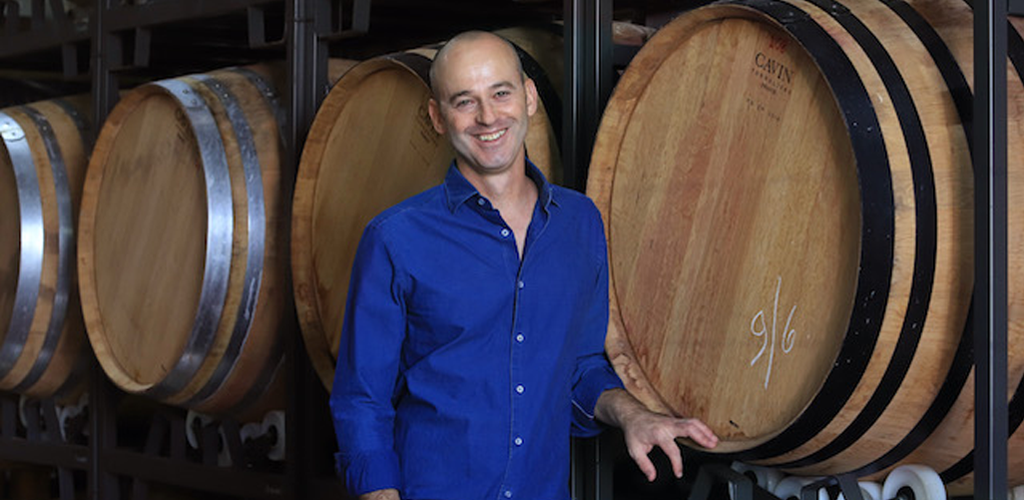

Barkan has sought to create exciting and energetic change to its team which employs four winemakers, five agronomists, a lab team and overall approximately 100 employees. “Of the winemaking team, I’m 42, and I’m the oldest,” says Lewinsohn. “It’s a very young, creative team. I feel this is a revolution.”
Part of Barkan’s hope to change the perception and definition of Israeli wine can occur with the variety of grape. Marawi is an ancient Israeli indigenous white grape variety and is at least 2000 years old. “We can assume King David was probably enjoying this variety,” exclaimed Lewinsohn. “It profiles like Chardonnay, but we are still learning what to do with it. This variety was nearly extinct but we found some old vineyards in the mountains in Israel.” Much as Viognier was famously nearly extinct from the world with only about 8 acres remaining in the late 1960s before making a massive comeback, Lewinsohn said, “We are saving [Marawi] in a way. The first Marawi to be made from a newly-planted vineyard is from Barkan.”
With its size and capability, the demand for the production of popular, familiar, and well-liked varieties of wine can be offset by Barkan’s ability to experiment. “I’m not only hoping for the success of Israeli wines, but for Israeli varieties,” says Lewinsohn. “I have high expectations for Argaman, personally, and for Mediterranean varieties that can find a good expression in a climate such as Israel, such as Cabernet.”
Lewinsohn feels that the rising quality of Barkan wine is equally found in its ageability. “We have a lot of vineyards in the best regions [of Israel, such as] the Upper Galilee and Judean Hills,” continues Lewinsohn. “Very nice Cabernet comes from those areas which gives me the opportunity to play with different profiles and different quality, [to produce such a quality wine] as the Barkan Superieur. The best Cabernet is coming from the Upper Galilee at the moment - more powerful, more concentrated, and rich, with green mint notes. Up to five or 10 years ago, I used to say very good Israeli wine would age for a decade. I think now they age easily 10-15 years. This ageability is achieved mainly from a combination of high fruit profile - concentrated fruit - and fresh acidity. The style of Barkan has changed in the sense that the ageability is achieved by the fruit concentration and freshness of the acidity, but not so much by the tannins. So the extractions are a bit lighter. My experience of Israeli wine is that ageability is achieved by the concentration of the acidity.”
Barkan has set out on the course for greatness in winemaking with the hopes of creating a new definition for Israeli wine. With the means to achieve this, great days lie ahead. Shop them today up to 18% off!
 Get help from an expert like Brad
Get help from an expert like Brad


